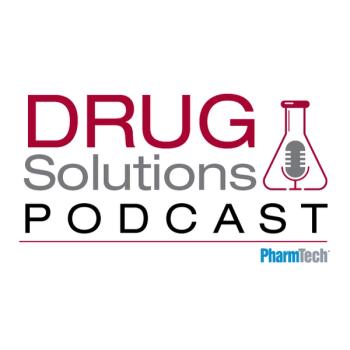
In this episode, Sergey Vlasenko from Agilent chats about bio/pharmaceutical manufacturing trends, with a particular focus on oligonucleotides.

In this episode, Sergey Vlasenko from Agilent chats about bio/pharmaceutical manufacturing trends, with a particular focus on oligonucleotides.

Thermo Fisher Scientific’s new tumoroid culture medium kit is designed to help cancer researchers better model the disease.

Eurofins Genomics Blue Heron’s novel mRNA synthesis service is designed for customizable applications.
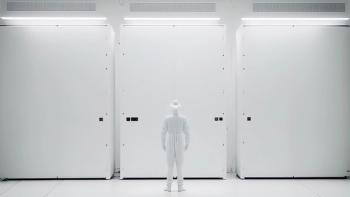
To overcome the challenges of the widening range and scope of products that require aseptic processing and the evolving regulatory landscape in this field, companies should deepen their knowledge base on best practices.
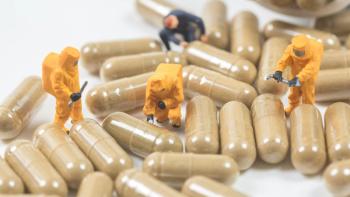
Detection of nitrosamines in several commercial drugs has resulted in manufacturing batch recalls followed by a review of the APIs’ synthesis processes by MAHs.

World leaders have set ambitious goals to respond more swiftly to the next pandemic, including the US goal to design, test, and review a new vaccine just 100 days after a pandemic declaration.

The collaboration between Samsung Biologics and Pfizer will focus on long-term biosimilars manufacturing.

What factors do CDMOs consider vital to their success?

Manufacturers must figure out how flexible they need to be to meet the numerous new requirements of the changing therapeutic and regulatory landscapes.

Third-party contract packaging service providers can help save time and money.

WuXi Biologics is expanding its manufacturing capacity for drug substance and drug product at its sites in Leverkusen and Wuppertal, Germany.

uBriGene Biosciences will acquire Mustang Bio’s Worcester, Mass., CGT manufacturing facility in a deal worth up to $11 million, expanding its operations into the US market.

Synthego has opened its new GMP-compliant RNA manufacturing facility in Redwood City, Calif., for CRISPR-enabled genomics therapeutics.
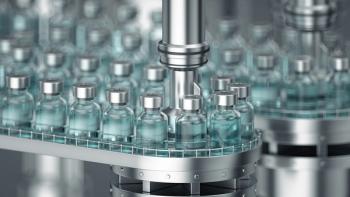
Aseptic techniques must be practiced throughout all stages of biologics production.

Vetter is further expanding its production capacity and services at its Rankweil, Austria site.
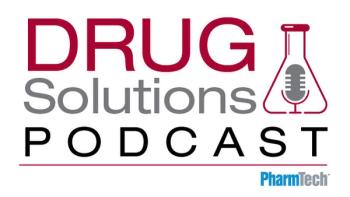
In this episode, Hanns-Christian Mahler and Andrea Allmendinger from ten23 health will discuss some key aspects of biologic drug development and manufacturing.
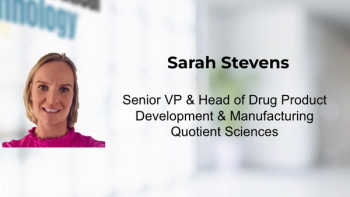
Sarah Stevens, senior vice-president and head of Drug Product Development & Manufacturing at Quotient Sciences, discusses various facets of the modern outsourcing industry.

Following disruption in the bio/pharmaceutical supply chain as a result of the COVID pandemic, the outsourcing industry has learned to adapt and push forward in a climate that is dynamically different.

Ginkgo Bioworks has acquired StrideBio's AAV capsid discovery and engineering platform and has formed a partnership with WARF for development of next-gen cell therapies.
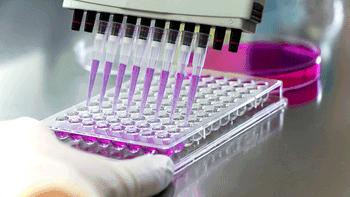

As new manufacturing processes and technologies are introduced to meet demand and overcome challenges, understanding also needs to improve to ensure the right balance is achieved.

Contract testing services demonstrate a major increase in the speed and efficiency of testing using new testing methods and technologies.
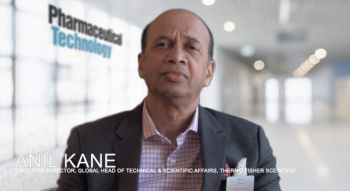
Anil Kane, executive director, Global Head of Technical & Scientific Affairs at Thermo Fisher Scientific, discusses the growing role of CDMOs in the biopharma industry
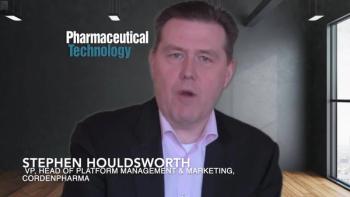
Stephen Houldsworth, VP and Head of Platform Management & Marketing at CordenPharma, dives into ongoing trends in the outsourcing space.

In addition to a new interim president, the company is opening new microbial capacity at its San Antonio facility and has plans to construct a commercial-scale facility in Manhattan, Kan.